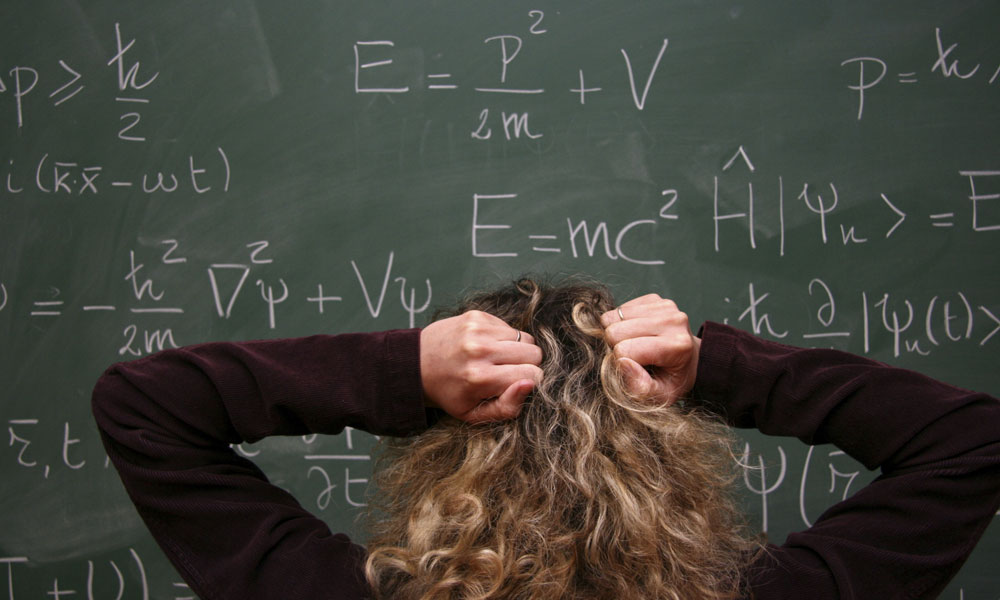
Mathematics Association Prize Upped to $1 Million
One association, thanks to the financial backing of a member, is offering $1 million to anyone who can solve a number-theory problem that has baffled mathematicians since the 1980s.
Consider yourself a math genius? If so, you could also be a millionaire. The only catch: You have to solve the Beal Conjecture, a number-theory problem that has stumped mathematicians for three decades.
Increasing the prize is a good way to draw attention to mathematics generally and the Beal Conjecture specifically.
The contest was started in 1997—with an initial prize of $5,000—by D. Andrew Beal, a Dallas banker with a strong interest in number theory. Last week, the American Mathematical Society (AMS), which holds the funds for the prize and appoints the Beal Prize Committee (BPC), announced that Beal increased the current prize winnings by 1,000 percent when he upped the ante from $100,000 to $1,000,000—all in an effort to inspire young people to pursue math and science.
“Increasing the prize is a good way to draw attention to mathematics generally and the Beal Conjecture specifically,” Beal said in a statement. “I hope many more young people will find themselves drawn into the wonderful world of mathematics.”
(Editor’s note: We’re word people. Trust us, you don’t want us to try to describe this problem to you. We’ll leave that to the experts.)
To take home the million dollars, a potential winner must get the proposed solution published in a respected, refereed mathematics publication that, in the opinion of the prize committee, maintains the highest editorial standards. After a two-year waiting period, BPC will decide whether the published solution merits detailed evaluation. If it does, AMS and BPC will choose two outside experts to verify the solution. After verification, BPC may award the prize and determine attribution of credit for a solution.
The million-dollar prize for solving the Beal Conjecture is not the first of its kind. In 2000, the Clay Mathematics Institute created seven million-dollar prizes for problems now known as the Millennium Problems. One, the Poincaré Conjecture, was solved in 2003 by Russian mathematician Grigori Perelman, who turned down the prize money.
If you want your chance at the million, now’s the perfect time to break out the calculator and sharpen those pencils—or better yet, stock up on extra erasers.






Comments